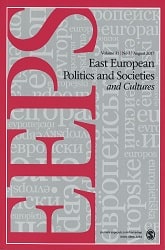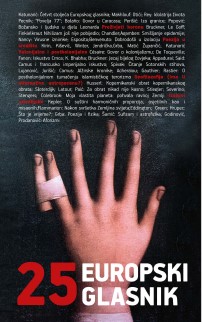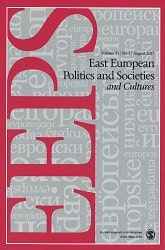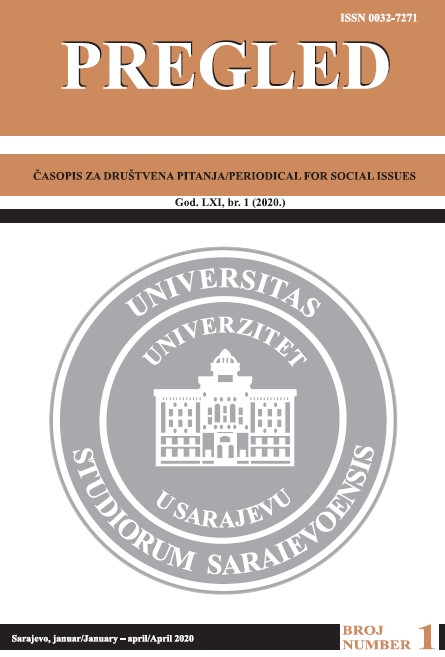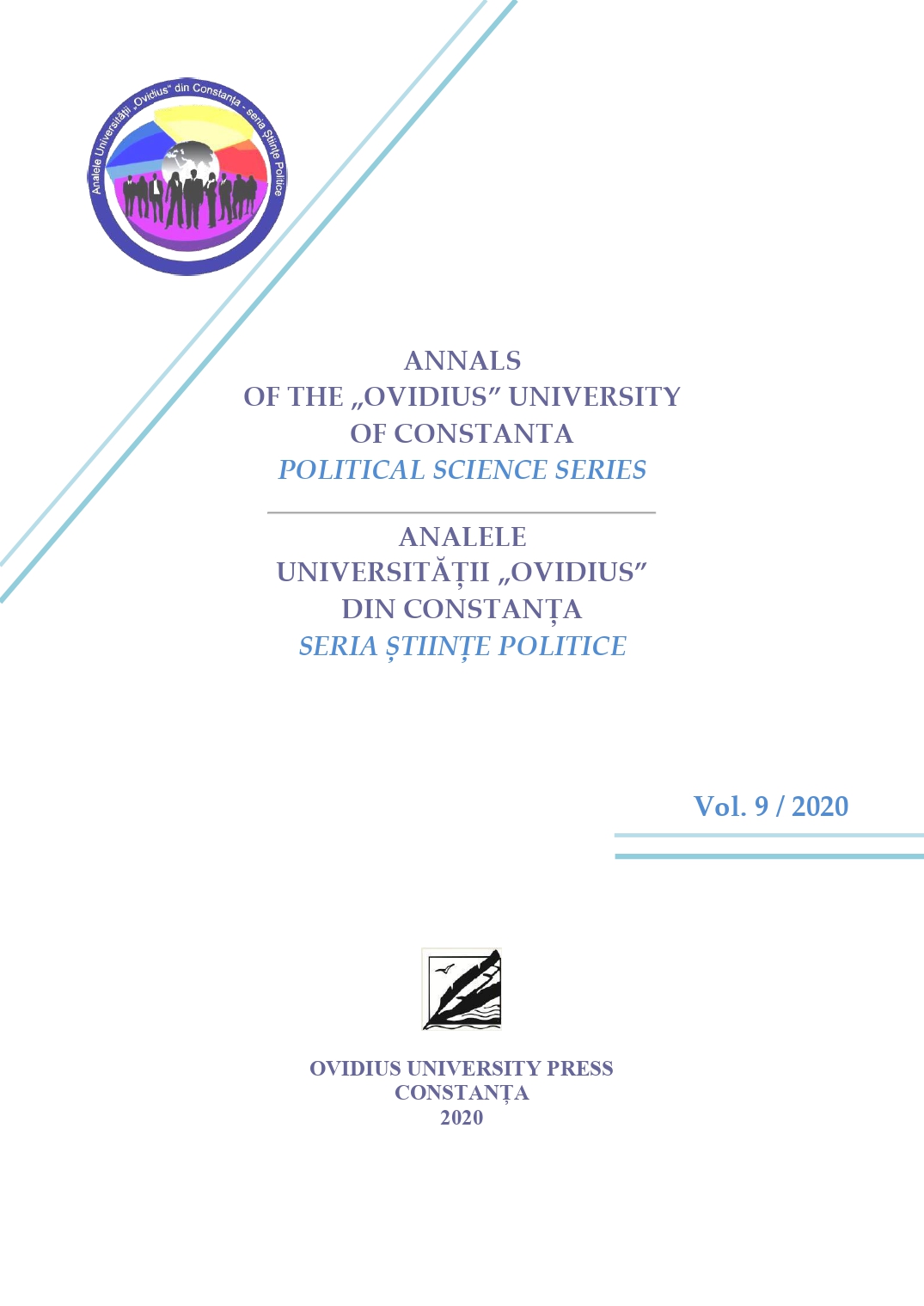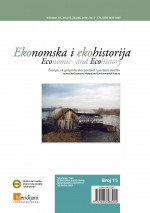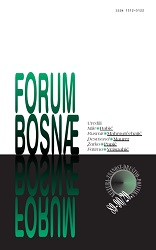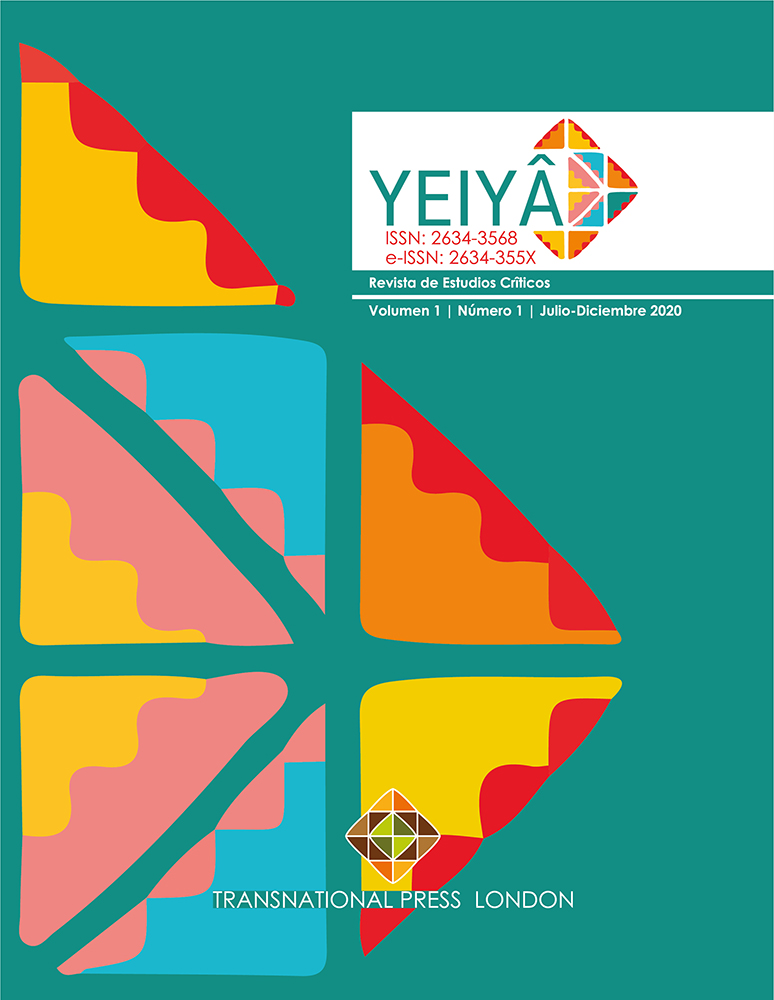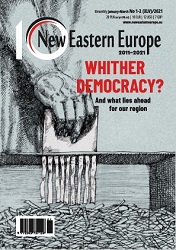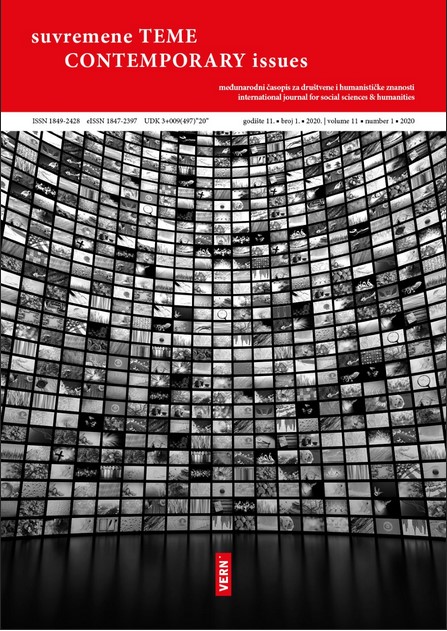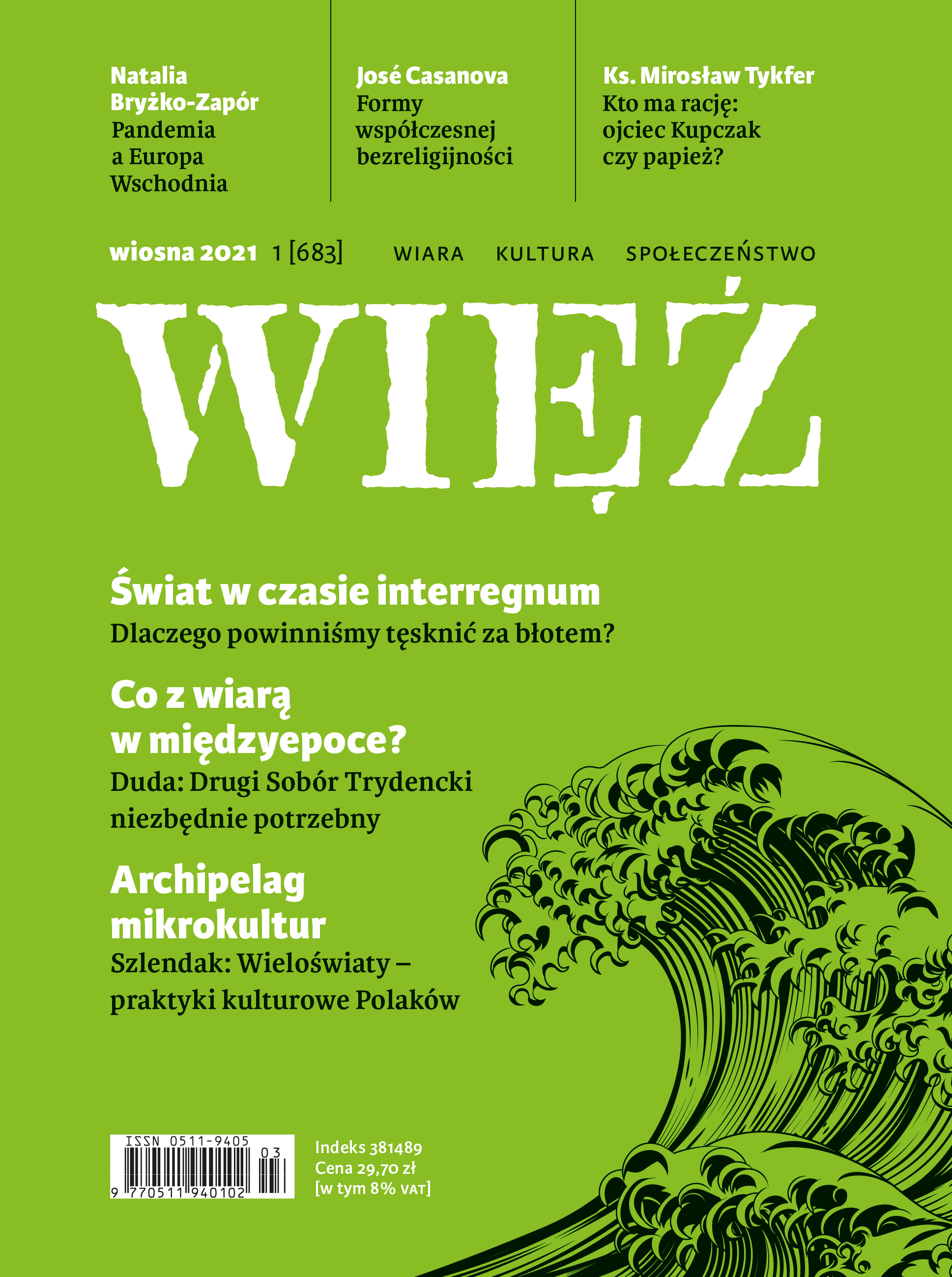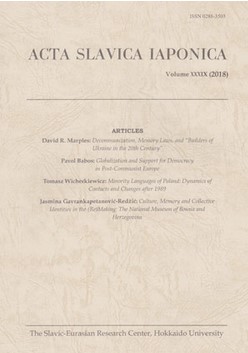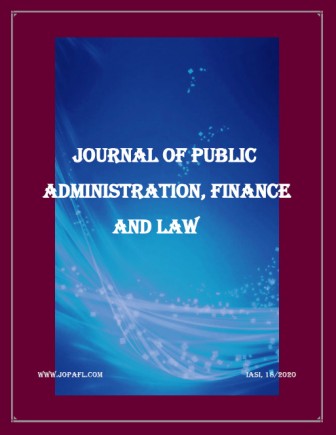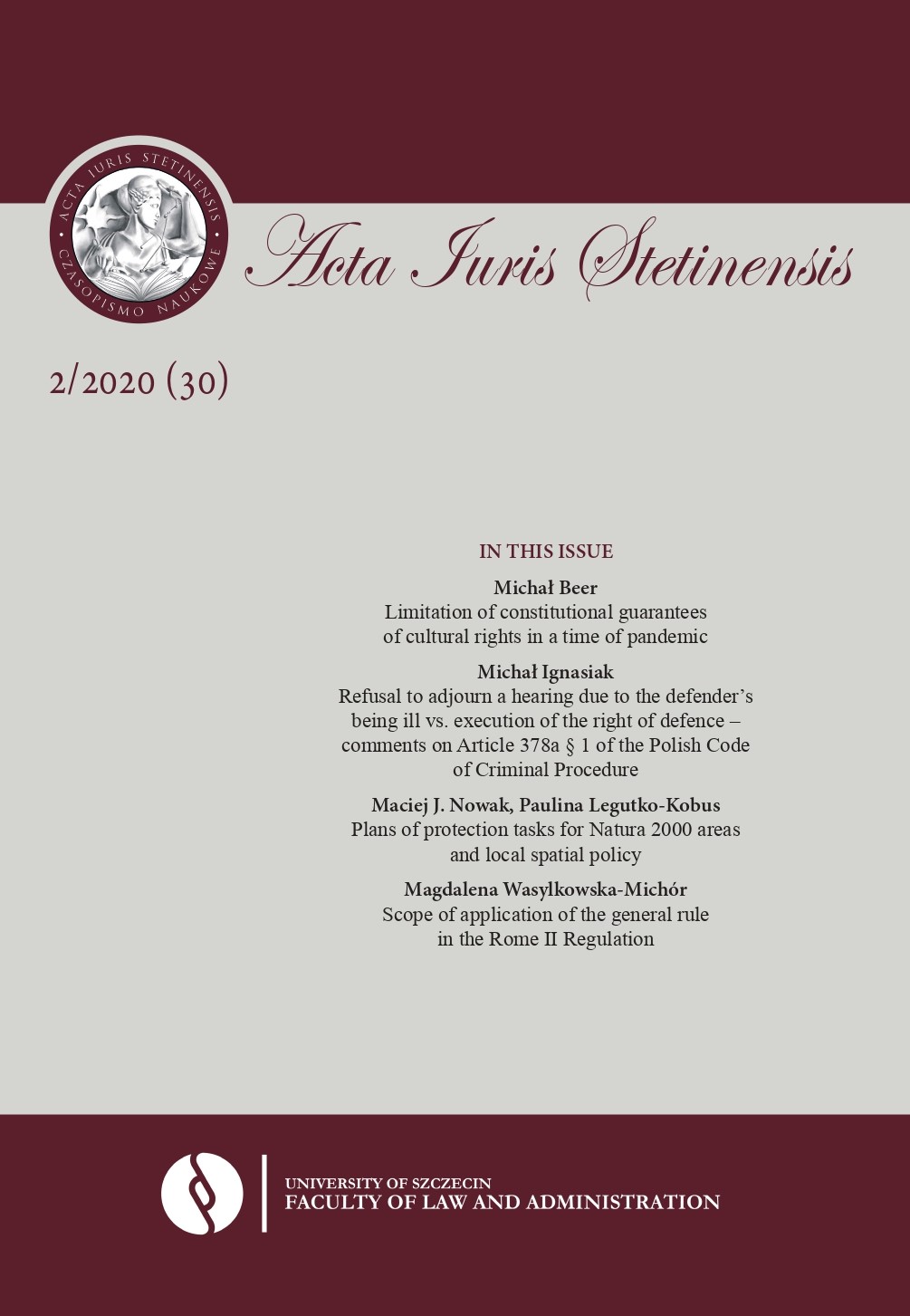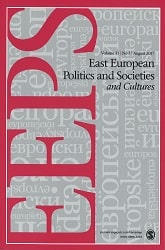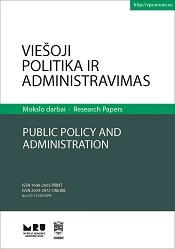Author(s): Vicentiu Cosmin Vlad,Florin-Alexandru Luca / Language(s): English
Issue: 16/2020
Since the 70’s, environmental and social issues have raised to the top of companies’ business plans, policymakers’ agenda and people’s life being a driver for innovation and sustainable change. Many companies aligned their corporate culture, strategies and products to sustainability principles, gaining a competitive advantage from it. Many others did not, not believing in the change or trying to cheat the system with greenwashing strategies. To this extent, identifying the characteristics of green products, understanding consumer’s purchase behavior and what they are willing to pay extra for, how competitors rethink supply chains and promotional channels would be useful for businesses that aim to design, develop and market green products. Green Marketing is a key factor to this process. One side enhances clean production by designing and developing green products. The other side advocates and strengthens sustainable consumption, keeping the consumers well-informed during the overall purchasing process. This study reviews the most relevant papers related to Green Marketing since its formation to the present analyzing definitions, approaches, concepts, strategies, tools and solutions. The review shows that Green Marketing has changed over time, adapting to the growing attention and relevance gained by the entire sector. During this journey, different strategies have been implemented, various types of green products exist, and consumers are well-engaged in sustainability in addition to preserving the environment and being socially responsible. Companies furthermore have changed their attitudes for opportunities or because of pressure from legislators or consumers. Supply chains are vital to achieve sustainable consumption, reducing pollution and waste. Advertisements play a key role to inform and advocate the benefits of going Green Marketing.
More...

